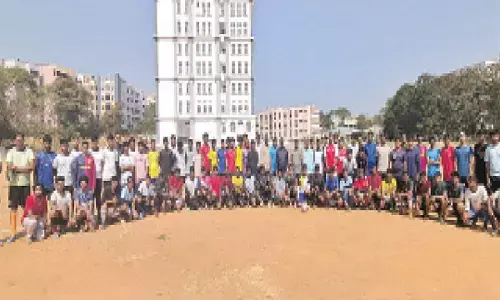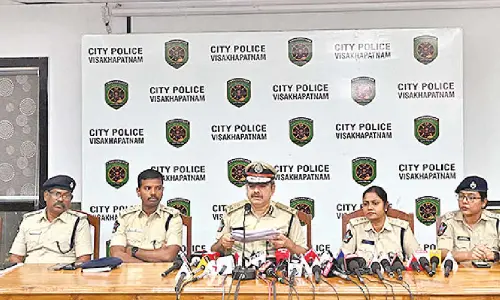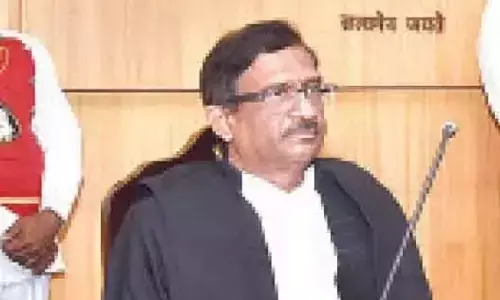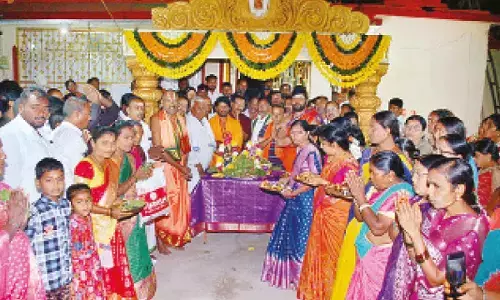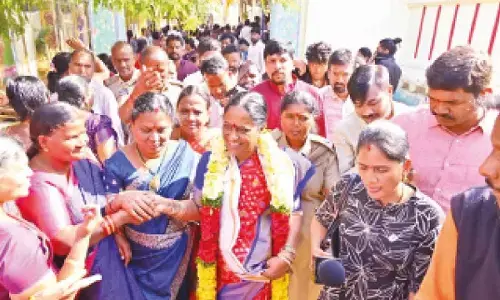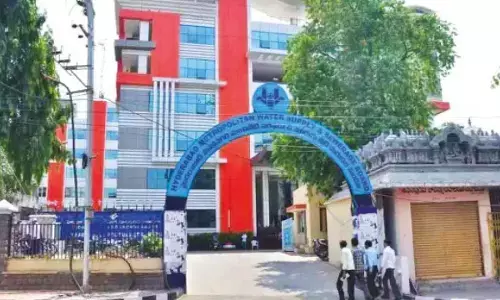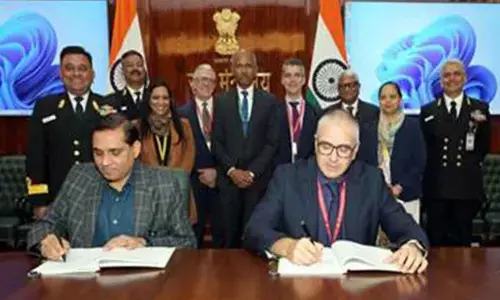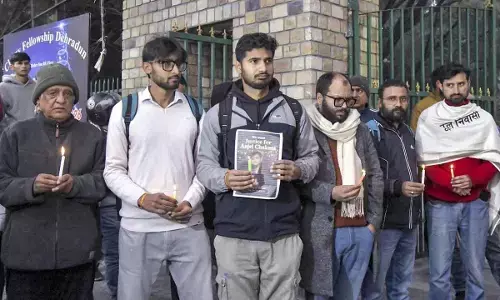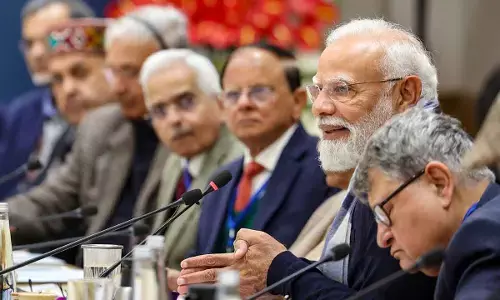Sarkaria Commission

With a view to reviewing the working of existing arrangements between the Union and the States in the changed socio-economic scenario, the Union Government constituted a Commission on June 9, 1983, under the Chairmanship of Justice R S Sarkaria with B Sivaraman and Dr S R Sen as its members.
With a view to reviewing the working of existing arrangements between the Union and the States in the changed socio-economic scenario, the Union Government constituted a Commission on June 9, 1983, under the Chairmanship of Justice R S Sarkaria with B Sivaraman and Dr S R Sen as its members. The Commission after conducting several studies, eliciting information, holding discussions and after detailed deliberations submitted its report in January 1988. The report contains 247 recommendations.
The Commission strongly suggested that the Article 370 was not a transitory provision. This appears to have been made specifically in response to "one all-India political party" that demanded the deletion of Article 370 "in the interests of national integration." It recommended that the residuary powers of legislation in regard to taxation matters should remain exclusively in the competence of Parliament while the residuary field other than that of taxation should be placed on the concurrent list.
That the enforcement of Union laws, particularly those relating to the concurrent sphere, is secured through the machinery of the States. To ensure uniformity on the basic issues of national policy, with respect to the subject of a proposed legislation, consultations may be carried out with the state governments individually and collectively at the forum of the proposed Inter-Governmental Council. It was not recommended that the consultation be a constitutional obligation.
Ordinarily, the Union should occupy only that much field of a concurrent subject on which uniformity of policy and action is essential in the larger interest of the nation, leaving the rest and details for state action. On administrative relations, Sarkaria made the following observation: "Federalism is more a functional arrangement for cooperative action, than a static institutional concept. Article 258 (power of the Union to confer powers etc on states in certain cases) provides a tool by the liberal use of which cooperative federalism can be substantially realised in the working of the system. A more generous use of this tool should be made than has hitherto been done, for progressive decentralisation of powers to the governments of the states."
On Article 356, it was recommended that it be used "very sparingly, in extreme cases, as a measure of last resort, when all other alternatives fail to prevent or rectify a breakdown of constitutional machinery in the state.








